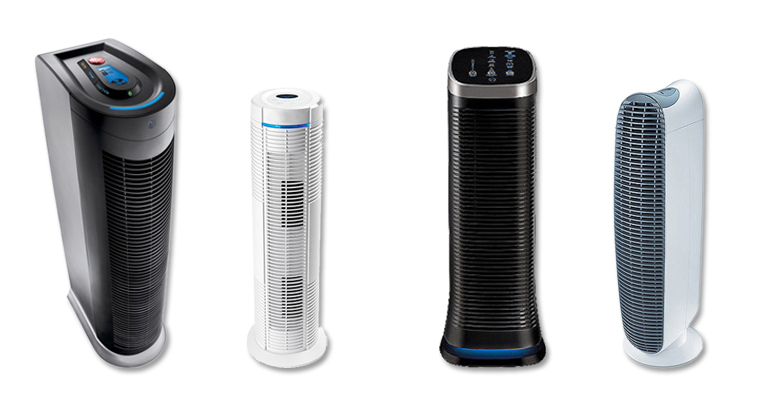
A lot of us, including those from highly developed countries like the U.S or the U.K, complain about the air quality in our indoor setting and perhaps rightly so. According to the Environmental Protection Agency (EPA), air pollution today, is one of the top 5 health threats against U.S citizens. Statistics aside, I do not think there is a single house on this planet that can claim to be completely free of dust or molecular pollution including cigarette smoke. So can science and technology help us here? The answer, fortunately, is yes!
Consumers worldwide today have the fantastic option of buying an ozone generator air purifier. What exactly is this device? Well an air purifier is something that gets rid of all (theoretically) particle pollution. Practically it may not eliminate every single dust particle out there but it can still significantly improve air quality in your house. A little caveat that is worth mentioning here is that not every air purifier is the same. So, say if you are planning to buy air purifiers for home use in the UK, you will need to be aware of the different types of purifiers available in the market and what each one offers so that you can make the most of your investment. Generally speaking an air purifier is defined by the type of filtration it uses. Air purifiers using the most advanced filters can get rid of volatile organic components and even tiny, intractable viruses.
You have the option to choose from mechanical filtering, UV filtration, hybrid systems and others. The mechanical filtering, for instance, can catch almost 100% of airborne particles like dust mites and pet dander thought to be responsible for spreading disease. This is the kind of information that you must look into before splashing your cash on a pricey air purifier. Do not be misled by appearance or persuasion of the sales persons! And of course do not blame your luck if you do not research smartly before making your purchase and end up with a UV filter that is incapable of removing the dust, fumes or gases you want to get rid of.
While type of filtration is one of the factors that explains the difference in prices of similar-looking air purifiers, it is not the only factor. Air purifiers differ by size, the unique air change and flow rates they offer and by CADR ratings. One should not get a purifier that makes one’s room look small or is designed to work in a smaller space. You should not be compromising on how effectively the air in your living space is being filtered because that would defeat the purpose of your outlay. Having said this, a few points must also be made regarding noise levels of air purifiers. There are some purifiers that get the job done really well but do not operate quietly. Therefore if you can not tolerate disturbance, then avoid noisy air purifiers that may otherwise have a lot to offer.
The air change rate is simply how frequently your air purifier cleans your room’s air in one hour. It is directly related to the air flow rate of an air purifier. If the filter of a purifier is efficient, one can expect higher air flow and air change rates. How does this affect you? Humbly put, nobody wants an air purifier that replaces the total air in a room just once in sixty minutes. Ideally users should shoot for purifiers that have an air change rate of 7 i.e. the total volume of air in a room will be replaced a whopping 7 times in just an hour! Of course, the price of an air purifier increases with the air change rate it offers.
All in all, an air purifier is, in many ways, a must-have device for pet owners craving for fresh air inside their rooms, individuals plagued by allergies or families who just aren’t happy with the air quality inside their homes. The good news is that the starting price of these things is as low (or high depending on your income) as £15 so the opportunity cost might not be that high considering the range of benefits these devices offer. I, for one, wouldn’t risk my health and peace of mind for a couple of pounds.